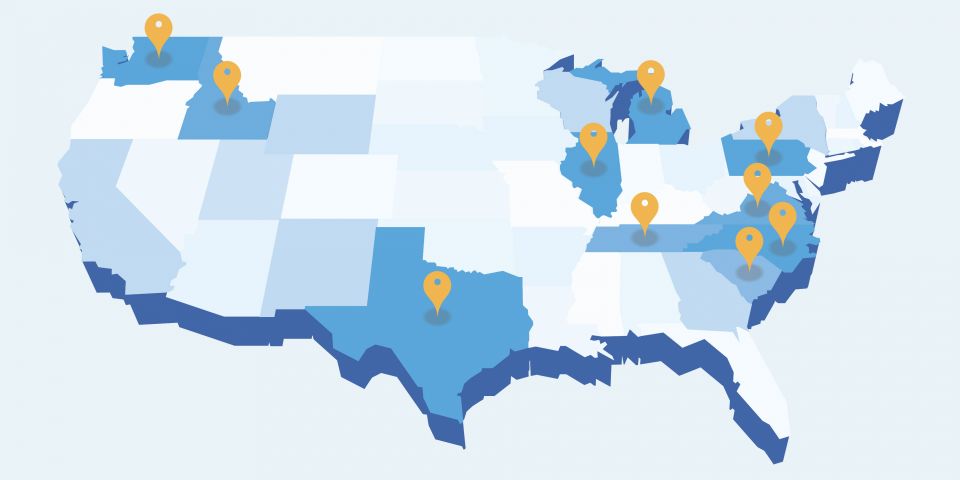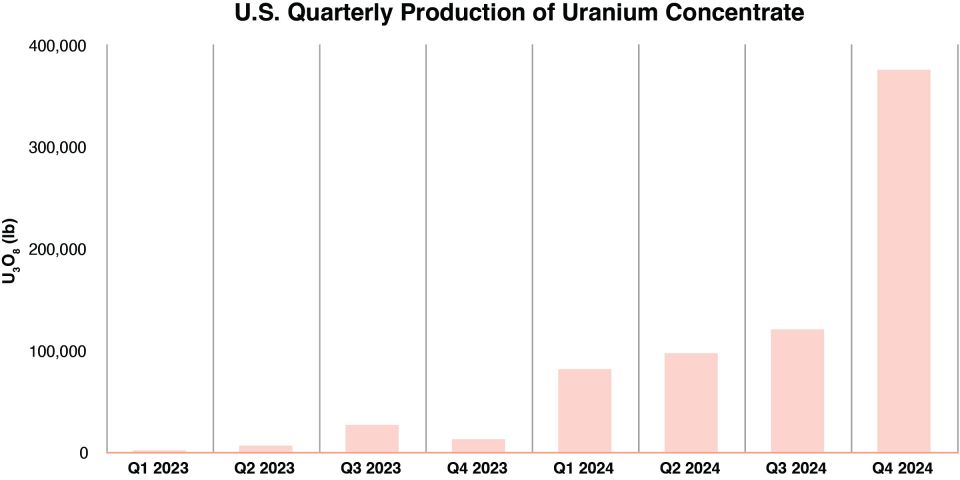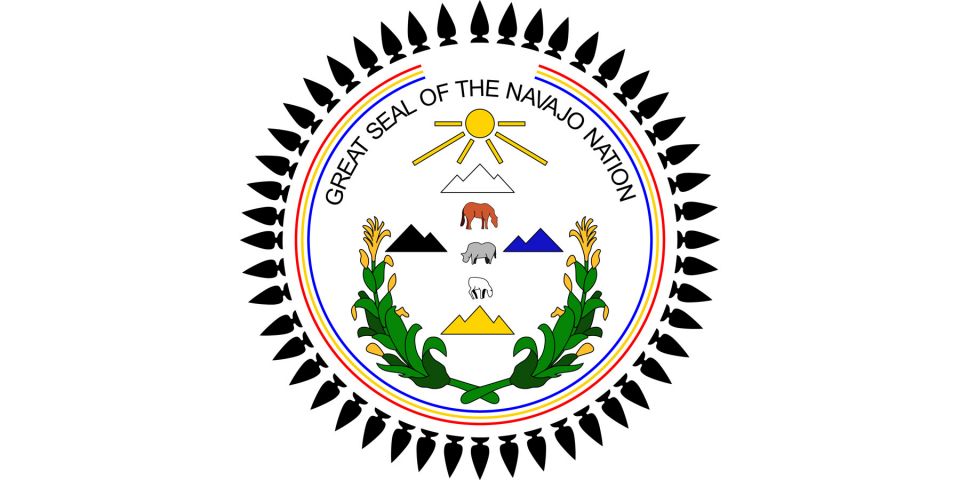Arizona governor intercedes on uranium transport in Navajo Nation
Energy Fuels has paused transport of uranium ore from its mine south of the Grand Canyon in Arizona to a processing facility in Utah—a path that crosses Navajo Nation land.
-3 2x1.jpg)
A message from Curtiss-Wright
High-Temperature neutron flux detectors for Generation IV reactors and SMRs
Energy Fuels has paused transport of uranium ore from its mine south of the Grand Canyon in Arizona to a processing facility in Utah—a path that crosses Navajo Nation land.
The past few years have seen a concerted effort from many U.S. states to encourage nuclear development. The momentum behind nuclear-friendly policies has grown considerably, with many states...

Creekstone Energy taps EnergySolutions to study nuclear-powered data center
Utah-based Creekstone Energy has signed a memorandum of understanding (MOU) with EnergySolutions to study the feasibility of building at least 2 gigawatts of advanced nuclear capacity to power...
NRC completes safety review for TerraPower’s Kemmerer project
The Nuclear Regulatory Commission recently announced that it has completed its final safety evaluation (SE) for the construction permit application for Kemmerer Power Station Unit 1 in...

Operation Gigawatt looks to Brigham City, Holtec, and Hi Tech Solutions
Utah Gov. Spencer Cox joined Brigham City Mayor D. J. Bott this week to announce a new partnership among the state, city, Hi Tech Solutions, and Holtec International. The partnership plans to...

Anfield Energy to start construction of Utah uranium mine
British Columbia, Canada–based Anfield Energy has scheduled a ground-breaking ceremony on November 6 at its Velvet Wood uranium and vanadium mine, located in southeastern Utah’s Lisbon...
A busy week in Utah for nuclear development
Almost every day this week has featured headlines concerning announcements, signings, and progress across Utah’s nuclear sector.At a glance: TerraPower, Flagship, and the state signed a...

EnergySolutions to help explore advanced reactor development in Utah
Utah-based waste management company EnergySolutions announced that it has signed a memorandum of understating with the Intermountain Power Agency and the state of Utah to explore the...

U.S. uranium production up as companies press “go” on dormant operations
U.S. uranium production increased throughout 2024, with more growth planned in 2025. The producers who can make that happen, however, were burned before by a “renaissance” that didn’t...

Energy Fuels–Navajo Nation agreement to restart uranium transport
Denver-based Energy Fuels Inc., one of the largest uranium producers in the United States, has signed a landmark agreement with the Navajo Nation on the transport of uranium ore along federal...

State lawmakers across the country push for more nuclear
From lifting moratoriums to launching studies to labeling it as clean, state lawmakers are exploring ways to give nuclear energy a boost in 2025. Here’s a look at some of the pronuclear...